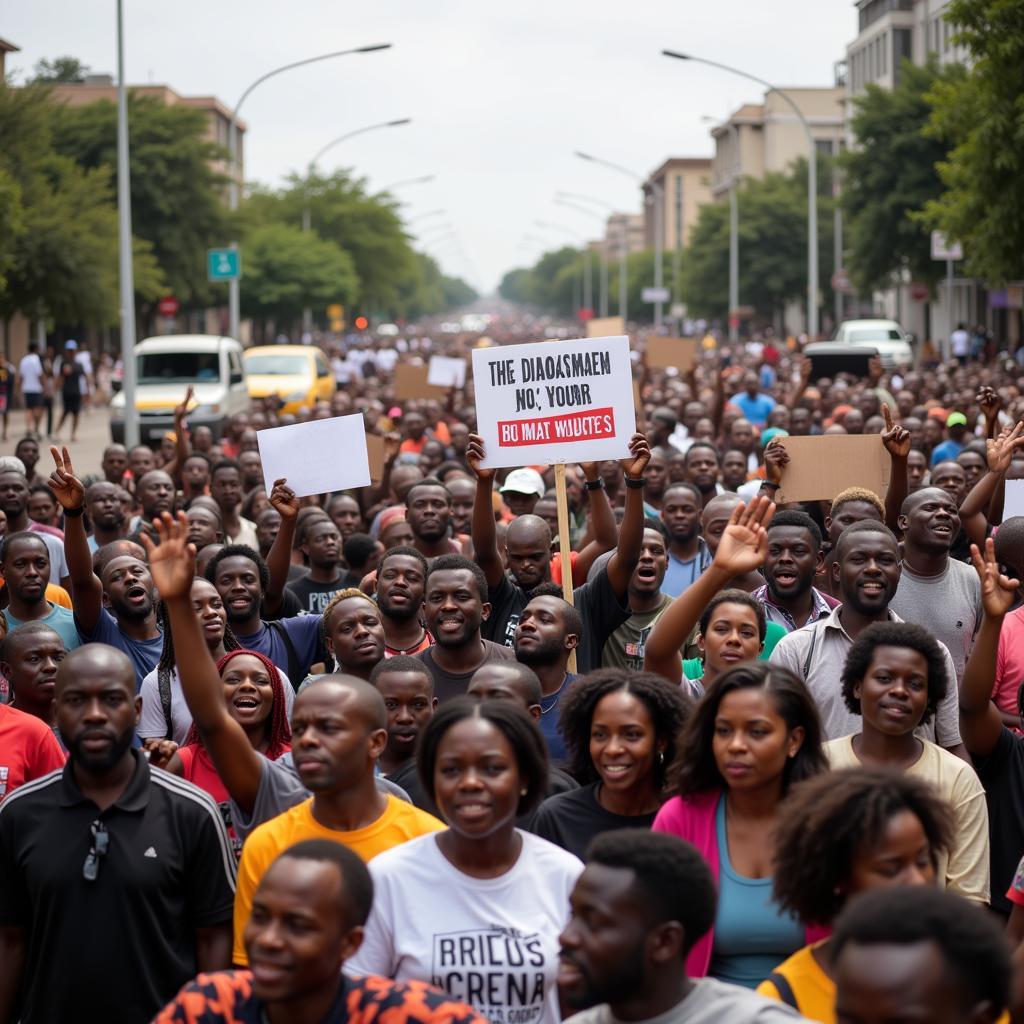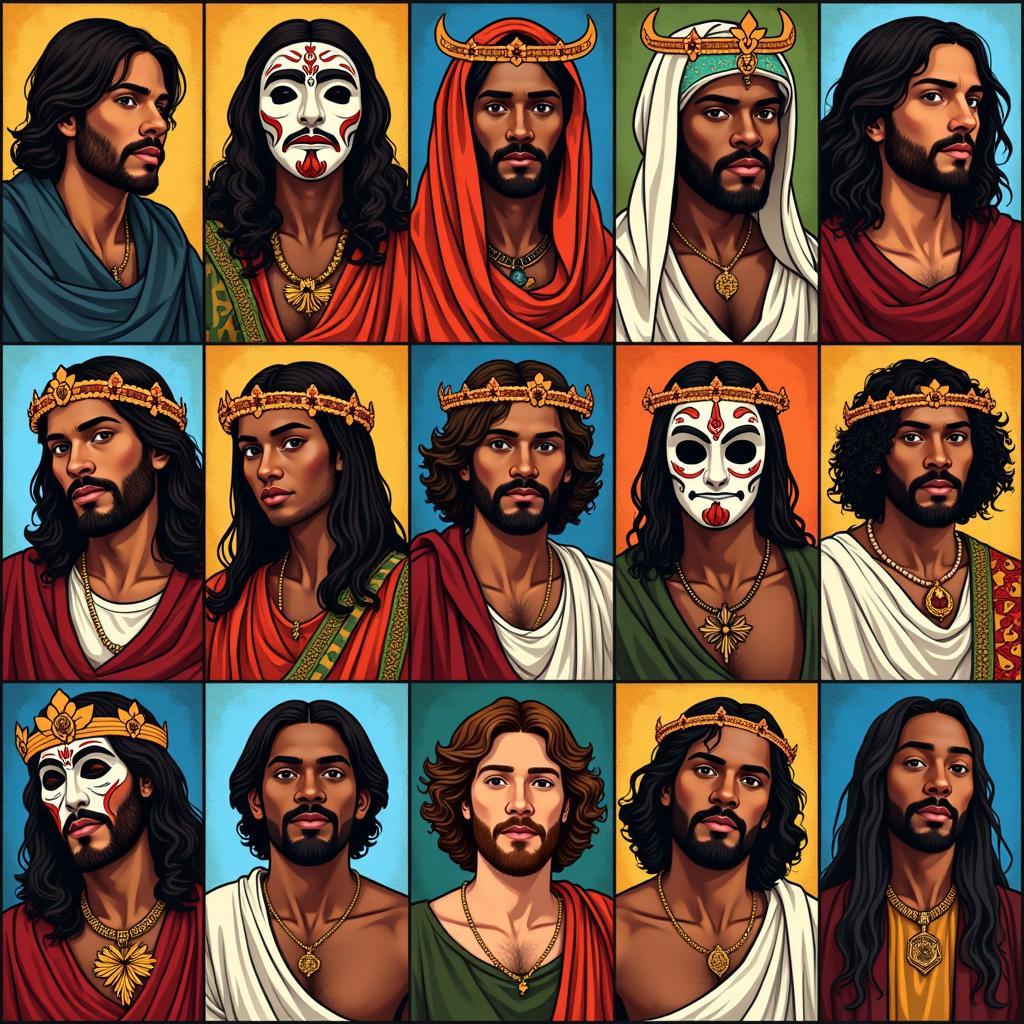African Dictators 2019: A Closer Look at Leadership and Power
The year 2019 saw a complex landscape of leadership across the African continent. While the term “African dictators” often dominates headlines, a deeper understanding requires nuance and a shift away from generalizations. This exploration delves into the complexities of power dynamics in Africa, examining leadership trends, challenges, and the evolving relationship between governments and their citizens.
Beyond the Label: Understanding Power Dynamics in Africa
The label “dictator” carries a heavy weight, often evoking images of oppression and authoritarian rule. However, applying it broadly to African leaders risks simplifying a diverse range of political systems and leadership styles. It’s crucial to recognize that governance in Africa, like anywhere else, operates on a spectrum.
While some countries grapple with authoritarian regimes, others are witnessing a burgeoning democratic spirit, with peaceful transitions of power and citizen engagement on the rise. This diversity underscores the need for a nuanced approach, one that moves beyond simplistic labels and acknowledges the complexities within individual nations.
The Legacy of Colonialism and Its Impact on Governance
To understand present-day leadership in Africa, it’s essential to acknowledge the lasting impact of colonialism. The arbitrary borders drawn during the colonial era often grouped together diverse ethnicities and groups with historical tensions, creating inherent challenges for governance and national unity. This legacy continues to influence power dynamics, with some leaders exploiting ethnic divisions for political gain, while others strive to foster national unity and reconciliation.
Economic Disparities and the Struggle for Resources
Uneven economic development and competition for scarce resources further complicate governance in Africa. Many countries face the challenge of translating economic growth into widespread prosperity, with a significant portion of the population still living in poverty. This disparity can lead to social unrest and instability, creating fertile ground for power struggles and challenges to leadership.
The Rise of Citizen Engagement and Demand for Accountability
Despite the challenges, a hopeful trend is emerging: the rise of citizen engagement and a growing demand for accountable governance. Across the continent, citizens are becoming more vocal in expressing their needs and holding their leaders accountable. This is particularly evident in the increasing use of social media and technology to mobilize protests, share information, and demand transparency.
 African Protests for Democracy
African Protests for Democracy
This growing citizen activism represents a significant shift in the power dynamic, putting pressure on leaders to prioritize good governance, transparency, and responsiveness to their citizens’ needs.
Looking Ahead: Towards a Future of Inclusive Governance
While challenges persist, the narrative surrounding leadership in Africa is far from monolithic. The continent stands at a crossroads, with both opportunities and obstacles shaping its future trajectory. The ongoing struggle for democracy, coupled with increasing citizen engagement, offers a glimmer of hope for more accountable and responsive leadership.
To truly understand “African dictators” in 2019, one must look beyond simplistic labels and engage with the complexities of each nation’s unique context. This requires moving away from generalizations and recognizing the diversity of leadership styles, challenges, and aspirations that characterize this vast and vibrant continent.

